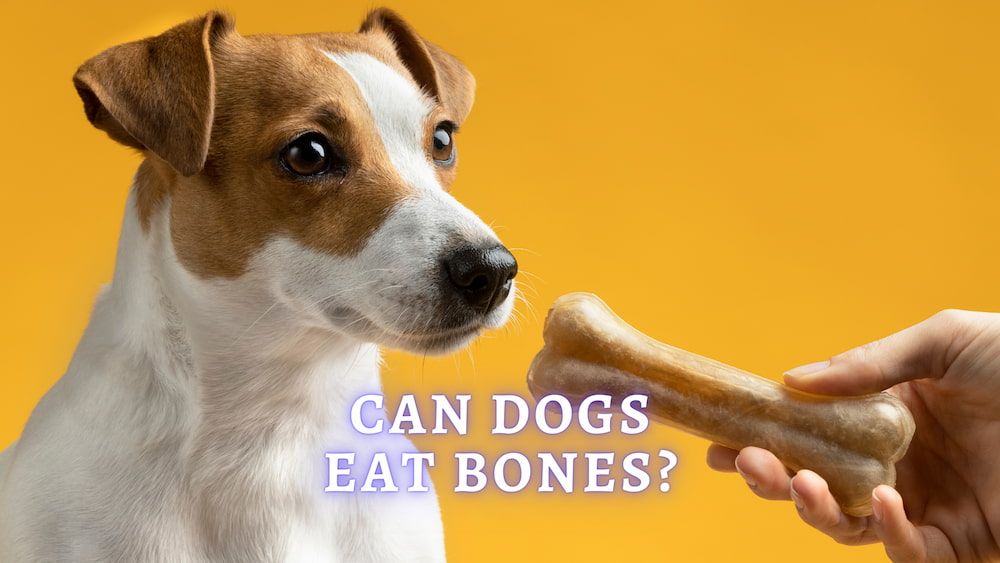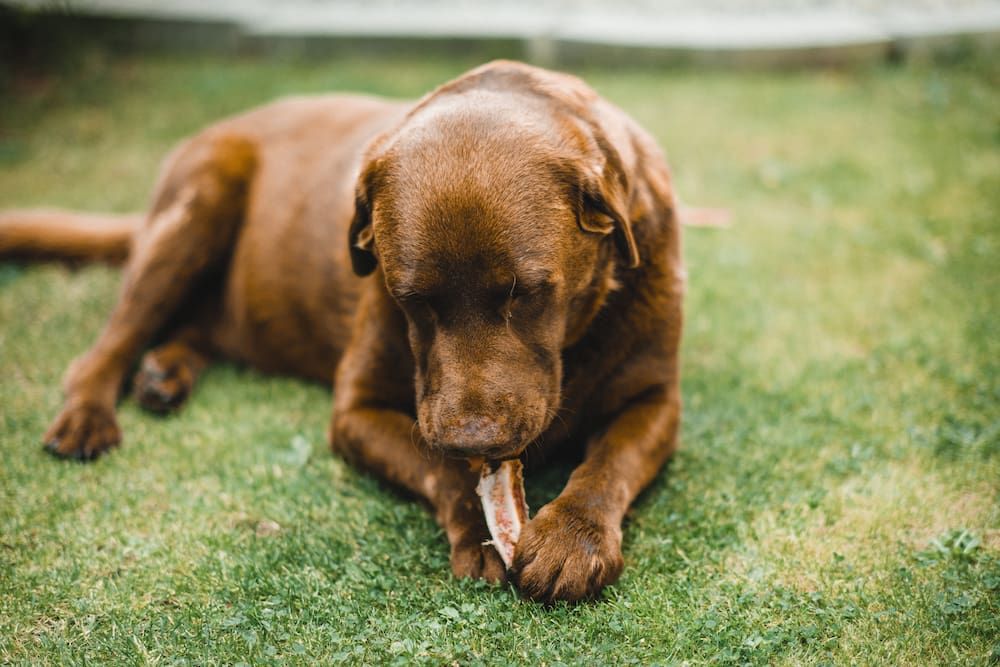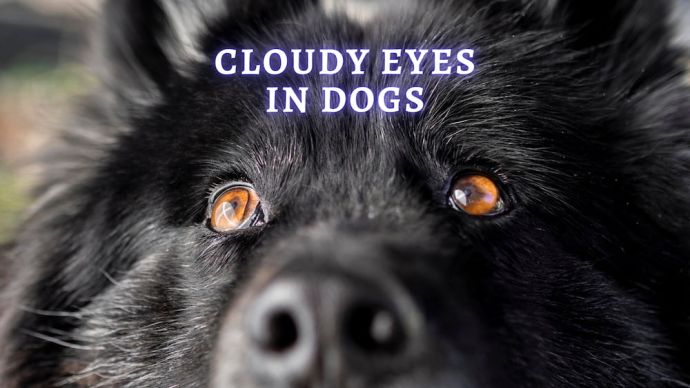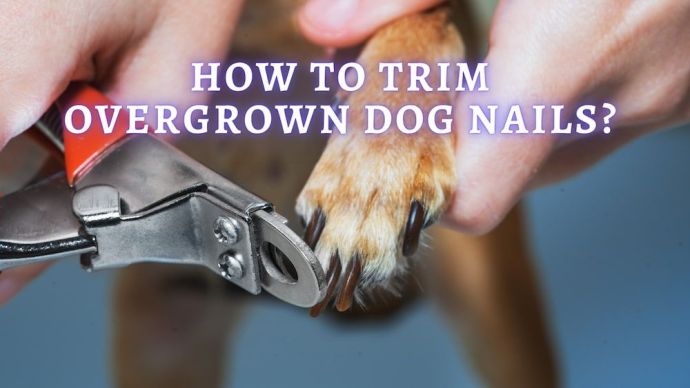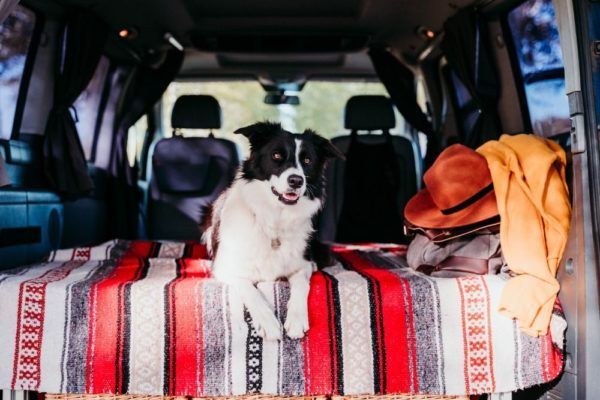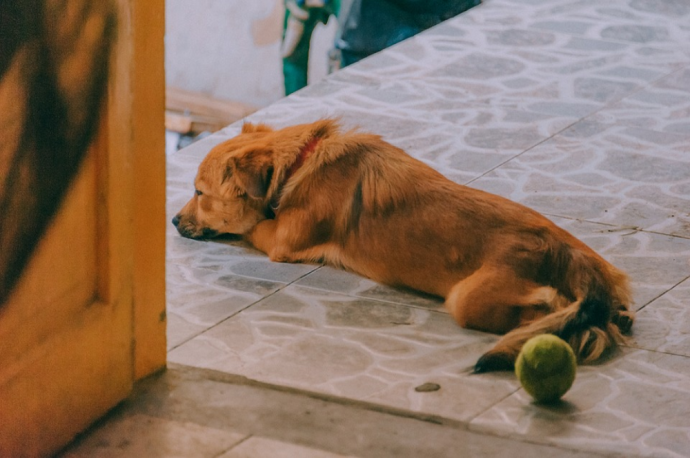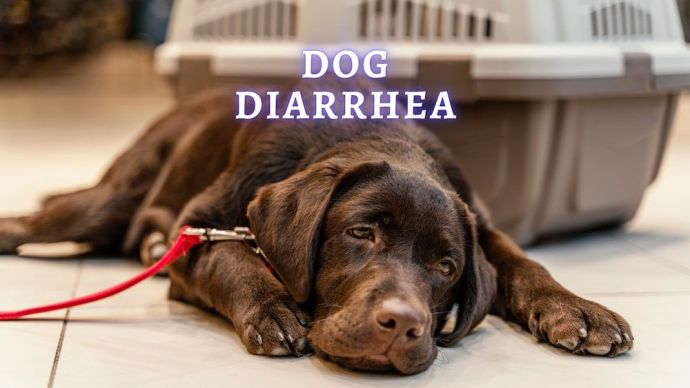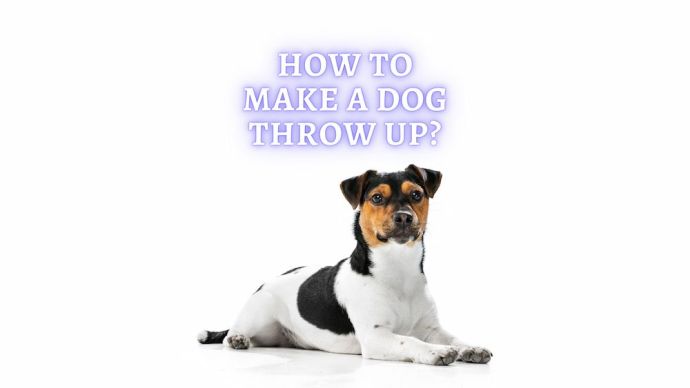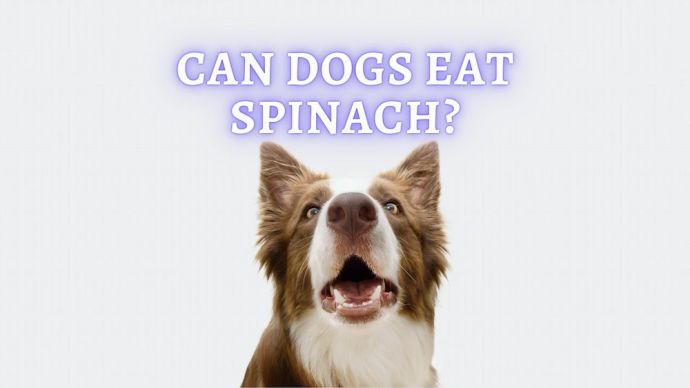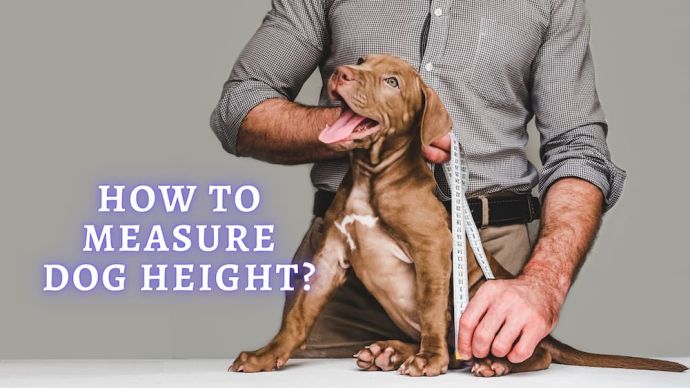Can Dogs Eat Bones? Are Bones Safe for Dogs?
Written by:
Author: Seb Jenkins
Seb is a professional SEO writer with a degree in Journalism, he has five years of experience in writing and editing. Seb specializes in topics like dog and cat breeds, aquarium guides, and pet care. He is passionate about educating and entertaining animal owners worldwide. In his spare time, Seb enjoys writing fiction novels.
View all 83 articlesLearn about our editorial process and veterinary review board.
Reviewed by:
Veterinary review
by Dr. Linda Simon
Dr. Linda Simon is a veterinary surgeon working with seven years of experience. She is a fellow of the British Veterinary Association and specializing in animal medicine. Also, she has been the Woman magazine resident vet for the past two years and writes a regular column for them, focusing on pets and their health.
View all 30 articlesLearn about our veterinary review board
Viewed: 72
Updated on: 06/08/2023
One of the most popular questions regarding dog feeding time is: can dogs eat bones? We see it in films, and we see it in cartoons, and we see all the time with chew toys.
But can dogs safely consume treats, or should they only be used as toys? How long should a pet be allowed to chew on a bone? Which one should I choose for my pet? How long does one bone last?
Fortunately, we have compiled an all-you-need-to-know article to discuss just that.
What kind of bones are safe for dogs?
A few things to consider when picking the safest part for your pet.
Raw vs Cooked
You should always opt for raw bones overcooked, as the latter are more likely to splinter when chewed because they are softer from the cooking process. However, natural treats can potentially splinter to. Raw treats have great vitamins and minerals but can contain bacteria, so they should be cleaned before giving them to your pet.
Big vs Small
You should go for thick, big hard treats for your pet, as they do not present a choking hazard as smaller treats can. The bigger your pet, the bigger the pleasures you should provide.
Small dogs are less capable of eating bones and more likely to choke, develop gut obstructions, and break teeth. However, this is a risk regardless of pet size.
Dr. Linda Simon
Stomach Problems
If your pet has pre-existing tummy troubles, bones are not a good idea, and the marrow in the bone can cause their stomachs all kinds of trouble.
Beef and Lamb
Beef and lamb bones are your two best options when providing your pet with something to chew on. As loBeef and lamb parts are your two best options when providing your pet with something to chew on. As long as they are large hard treats, you are good to go. But supervise your dog at all times to make sure they stay safe.
What bones should dogs not eat?
Your pets should avoid chicken, turkey, and pork bones, as they are unsafe and have a high risk of splintering, causing damage, or presenting a choking risk. You should also avoid cooked bones as they are softer and easier to break down. Small hard treats are a no-go as they can be easy to break and choke on.
RELATED: Can Dogs Eat Mint?
Can you give dogs cooked bones?
You should avoid giving your pet any cooked skeleton. The cooking process softens the bone and makes it easier for your pet to break it with its powerful jaw. A splintered treats can cause damage to the mouth or break off pieces that present a genuine choking hazard.
On the other hand, raw bones are harder, so pets will find it more challenging to splinter or break them. That being said, you should always supervise to make sure. Raw treats also have a very healthy number of vitamins and minerals in the marrow for your pet to enjoy.
Are bones from the butcher safe for a dog?
It’s always a good idea to know where your treats are coming from, so why not take advantage of your local butchers? They should have a plentiful supply of treats and are likely used to people asking for a supply for their four-legged friends.
Experts advise that you ask for raw knucklebones from your butcher, either beef, venison, or bison. If they do not have any knucklebones, then feet, ribs, tails, and femurs are also good options for your dog.
What is the best bone for dogs to chew?
The very best treats for your dog to chew on is a beef knucklebone. It is big and strong enough to minimize the risk of splintering and choking but also comes with lots of healthy vitamins and minerals.
Just be sure to talk to your vet about how best to reduce the risk of bacteria before giving the treats to your dog.
And remember, it should only be 10-15 minutes of supervised play time before the treats goes back in the fridge. Each treats should be kept for a maximum of four days before being thrown away.
READ MORE: Can Dogs Eat Peanuts?
Dos and Don’ts of giving your dog bones –
DO
DON’T
- give your pet raw meat bones;
- limit your dog’s time with it to 10-15 minutes, then put it back in the fridge;
- throw the bone away after three to four days;
- provide larger bones for larger dogs;
- keep an eye on your dog during their time with the bone;
- educate yourself on the subject.
- provide your pet with the wrong type of treat;
- provide your pet with any cooked treats;
- give your dog small bones that could cause choking;
- let your dog break the bone down into small dangerous pieces;
- give your dog a bone if they have issues with their stomach;
- provide a bone if another dog is over.
What Other Foods Should I Keep Away From My Dog?
There are lots of foods out there that we as humans can happily munch away on, but would be severely unhealthy for your pet to share. Here is a list of some of the most unsuitable or even toxic foods for your dog that you should AVOID at all times.
- Candy
- Chewing Gum, especially if it contains a sweetener called xylitol
- Toothpaste and Mouthwash
- Marijuana laced gummies or baked goods
- Raw Meat
- Milk and other Dairy Products
- Certain Mushrooms
- Tobacco
- Fat Trimmings
- Avocado in large quantities
- Sugar
- Persimmon, Peaches, and Plum Pits
- Garlic, onion and leeks
- Apple Seeds in large quantities
- Alcoholic Beverages
- Grapes
- Raisins
- Coffee
- Tea
- Caffeine
- Hops
- Human Vitamins, especially Vitamin D
- Rhubarb
- Tomato Leaves
- Green potatoes
- Chocolate
- Salt in high quantities
- Macadamia Nuts
- Corn On The Cob; the cob tends to cause blockages
- Cooked Bones
- Chives
READ MORE: Can Dogs Eat Sour Cream?
Conclusion
And there we have it. Now you know exactly which bones to give your dog as a treat while also ensuring they stay safe and healthy. We would like to remind you that even safe treats should come with supervision and you should only allow your dog 10-15 minutes of playtime with them. Happy chewing!
 Dog Care Why Do Dogs Wink? Health and Behavioral Reasons Why Do Dogs Wink At You
Dog Care Why Do Dogs Wink? Health and Behavioral Reasons Why Do Dogs Wink At You - 887
- 0
 Dog Veterinary Tips Why is my Dog throwing up: Causes and Preventing (Veterinary Advice)
Dog Veterinary Tips Why is my Dog throwing up: Causes and Preventing (Veterinary Advice) - 21356
- 5
 Dog Care My Dog Keeps Scratching His Mouth: Reasons Why Your Dog Scratching Face
Dog Care My Dog Keeps Scratching His Mouth: Reasons Why Your Dog Scratching Face - 16542
- 1









